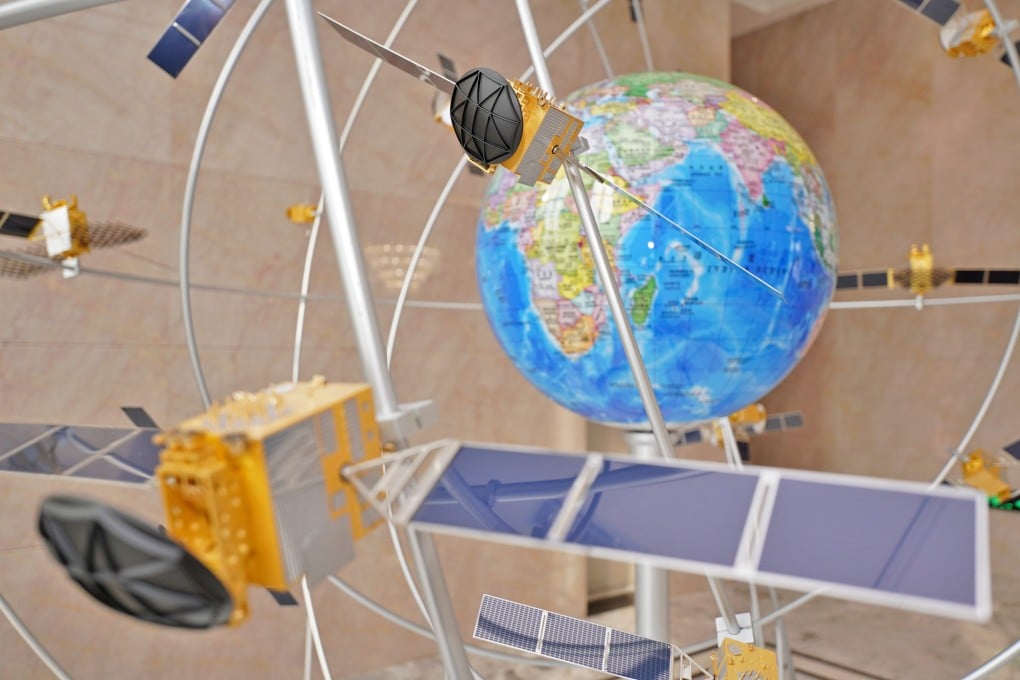China’s next-gen BeiDou satellite system to ramp up rivalry with US-based GPS
Existing BeiDou system, used in telecommunications, transport, and natural resource management, has also been expanding its use in developing countries

China expects to launch the next generation of its BeiDou Navigation Satellite System by 2035, following a series of upgrades – a development that would help it vie with the US-backed Global Positioning System (GPS) for international clients.
BeiDou’s developers anticipate “breakthroughs” in key technology next year, state media reported, citing a government-organised seminar on Thursday to mark the 30th anniversary of the home-grown navigation system’s conception.
Three pilot satellites could be sent into space by around 2027, followed by a “system networking satellite” launch around 2029. And by 2035, the creation of the next iteration of BeiDou should be complete.
“China will build a next-generation BeiDou system with more advanced technology, more powerful functions and better services,” Xinhua reported.
BeiDou’s name comes from the Big Dipper asterism – a set of stars historically used in navigation to locate the North Star. The current generation, BeiDou-3, became fully operational in 2020. And plans for the next generation were released at the seminar.
China has been developing BeiDou to vie for a piece of the lucrative satellite communications market with the 31-year-old GPS. Both compete with Europe’s Galileo, Glonass from Russia and the Quasi-Zenith Satellite System from Japan for users.
